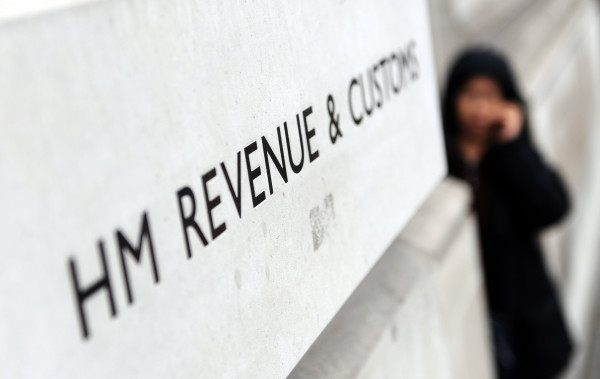

A fundamental reform of the tax system to ensure taxes are supportive of growth, straightforward and manageable by the taxman is required to help boost the country’s recovery from the coronavirus crisis, according to a tax expert.
George Bull, senior tax partner at RSM, said there was “growing recognition” economic life would not be the same after the coronavirus and the tax system would have “an important part to play” in the recovery and transition to the “new normal”.
Public borrowing is now predicted to total £273bn for 2020/21 or 14 per cent of GDP. According to the OBR, this would be the largest single-year deficit since the Second World War.
Mr Bull said: “The list of potential areas is very long. With the need for certain, simple, fair taxes which are support of growth, administratively straight forward and manageable, six areas should be near the top of the list.”
The six areas identified include a reform of National Insurance contributions and the taxation of workplace income alongside a rethink of the taxation of wealth and capital.
He added: “Has inheritance tax outlived its useful purpose? Should the UK introduce a wealth tax? Should council tax be reformed?”
Other issues high on the agenda were reducing inequality, ascertaining a ‘tax base’: who should pay how much tax and on what, a roadmap to carbon-based taxes, and what social “goods” should be encouraged through tax relief, according to Mr Bull.
He also pointed to recent tax reforms which did not fit the “criteria” of being simple and supportive of growth.
On Monday a damning report from a Lords select committee told the government to “completely rethink” its controversial changes to IR35 — the off-payroll working rules — after it found the rules to be a great burden on businesses and unfair on contractors.
Mr Bull said: “Reform of the UK’s devolved tax system does not have a distinguished history. Often, it’s driven by short-term interests and policy objectives, with hastily drafted legislation rushed through parliaments without sufficient debate.
“Amidst calls for certainty, simplicity and fairness in the imposition of new tax rules, [the report] shines a spotlight on other major tax changes which have been rushed through with inadequate attention to how they will work in practice.
“UK tax law is not short of examples: IR35, pensions liberalisation, inheritance tax gifts with reservation, the diverted profits tax, the loan charge and the digital services tax will each merit a dishonourable mention in the annals of British tax history.”
Think tank the Institute for Government this month added its voice to calls for tax reform and suggested the government established a ‘tax commission’ to help generate public discussion on the problems with the current system.
However Mr Bull instead suggested the Office of Tax Simplification — which exists to provide independent advice to the government on simplifying the tax system — should be used to enforce such changes.
The OTS has previously called for the simplification of inheritance tax and reviewed employee benefits and tax reliefs.
Mr Bull added: "Since the UK was put into lockdown on March 23, the generally positive response of the British population to government restrictions shows what the country is capable of doing when the need arises.
"With the goodwill of the people in evidence, now is the time to sort out not only NHS funding but also the future shape of the tax system."
imogen.tew@ft.com
What do you think about the issues raised by this story? Email us on fa.letters@ft.com to let us know.



